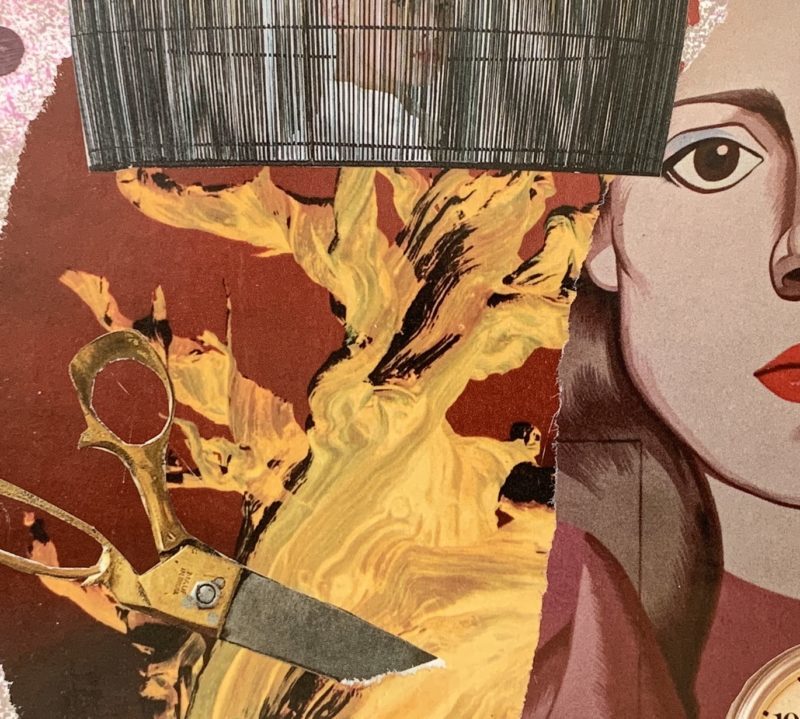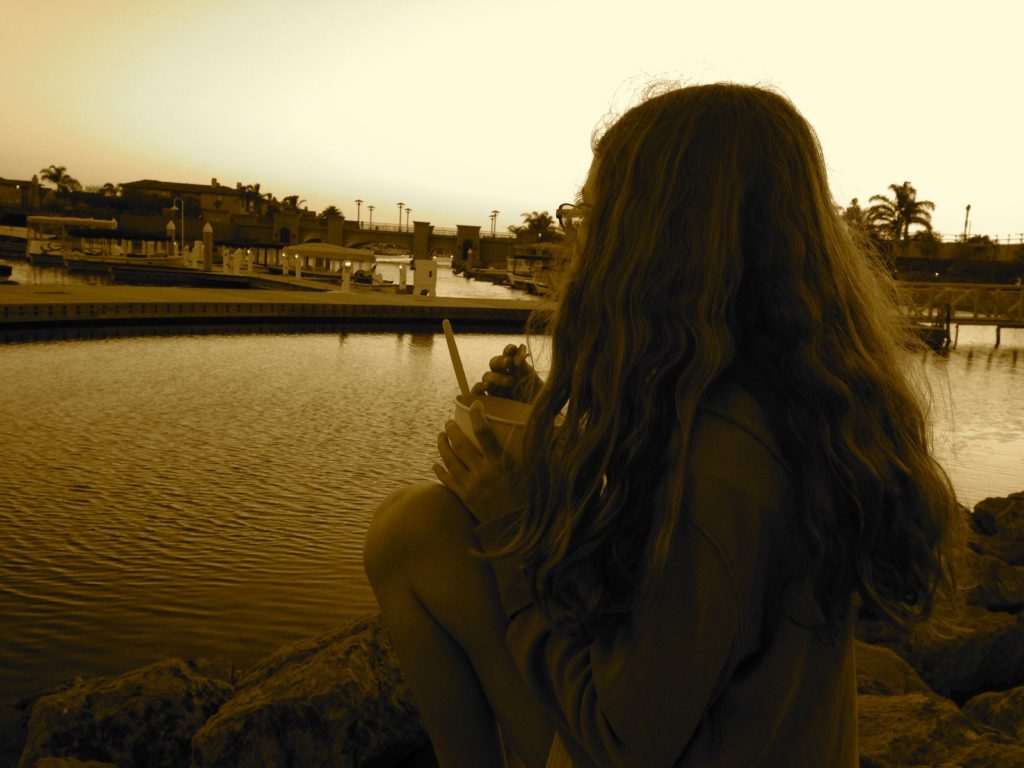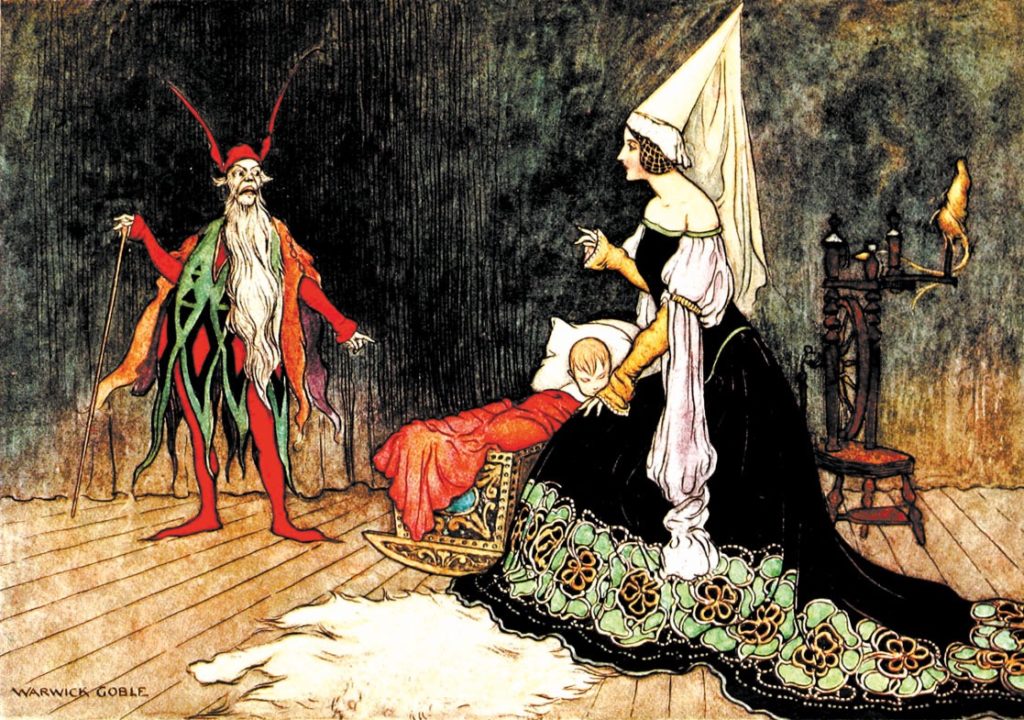
photo by author
Choose your own adventure
What if I’d taken that path instead of the other? Kate Atkinson’s novel “Life After Life” is a grown-up choose-your-own-adventure book. Atkinson takes the story down one path, then backs up to the fork in the road and chooses another. Ursula, the main character dies at birth, strangled by her umbilical cord. But a few pages later the story re-boots and Ursula lives. Thus, the forward and backward motion of the story gives us a variety of possible outcomes for many of the characters. And what happens to each of them in the different versions of their stories changes the trajectory of the other characters’ lives as well.
Birthmothers ask, “What if…?”
Izzie, a birthmother, enters the narrative like THIS. But in another version of the plot Sylvie, Izzie’s mother, raises the baby. In yet another, the baby is adopted, and Izzie lives a life designed to cover her pain and regret. And other possibilities are played out too.
The structure of this novel is unique, and the exploration of outcomes as they turn on life’s lynchpin moments is powerful and poignant. “What if?” the reader is forced to ask over and over again. As I read this book, I asked that question about my own life too. For me, and maybe for other birthmothers who went on to have other children with someone different from the relinquished child’s father this feels like a Sophie’s Choice. If I’d kept my son, it’s unlikely that I’d met the man who became the father of my daughters. It’s complicated–just like Atkinson’s novel. But, what birthmother hasn’t asked, “What if….?” And adoptees ask the question too. This essay from the Los Angeles Times tackles the question from an adoptee’s point of view.


